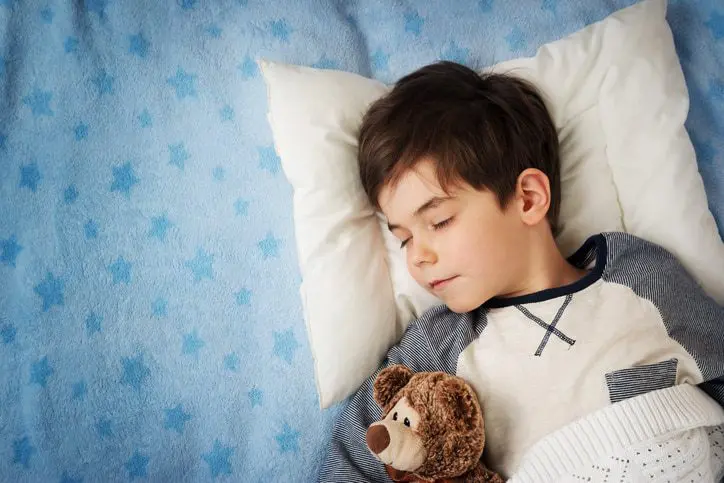Most people think that a snoring child is cute, but those adorable sounds could indicate a bigger issue at hand. Up to 20% of American children snore periodically, and half of those children snore every single night. A portion of those children are considered “severe snorers,” and many of them suffer from obstructive sleep apnea. In this discussion, we will explore the signs of and treatments for childhood sleep apnea.
Sleep Apnea Symptoms In Children
Sleep apnea symptoms in children are not much different than adult sleep apnea symptoms. Children do not always know how to communicate their feelings though, so you may have to watch your child’s behavior to catch warning signs as they develop. Some common ones include:
- Snoring loudly throughout the night
- Momentary breaks in breathing while sleeping (this may correspond to a break in snoring)
- Constant tossing and turning at night
- Sleeping in an unusual position, usually with the head up very high or down very low
- Tiredness and fatigue throughout the day
- Irritability, aggressiveness, and hyperactivity
- Difficulty concentrating
- Persistent headaches
- Other behavioral issues that may come from a lack of sleep
Every sleep apnea patient is a little different, so your child may not have the same symptoms as another child with OSA. If your child has exemplified some of the signs above, contact Clinton Dental Center at [phone_formatted] to get a sleep apnea evaluation.
What Causes Childhood Sleep Apnea?
Sleep apnea can come from a number of sources. With children, it is most often tied to enlarged tonsils or adenoids. Get these removed or treated, and your child’s symptoms should go away. Other possible causes include being overweight, having an abnormal face or jaw structure, experiencing allergy symptoms, or having a family history of OSA.
How To Treat OSA In Children
As we mentioned above, sleep apnea in children may be caused by enlarged tonsils or adenoids. If this is the case, the best treatment is to have the tonsils or adenoids removed. These are extremely common procedures by today’s standards, and they can be taken care of through an Ear, Nose, and Throat specialist in Michigan.
If your child’s sleep apnea is not caused by adenoids or tonsils, we will try to find the root cause of the issue. If it is weight, we can recommend ways to help your child get active and improve his or her diet. If there are other factors at play, we can create a sleep apnea appliance for your child to wear at night. This is molded specifically for your child’s mouth to prevent the tongue from falling back into the throat. For more information about how this works or to schedule an appointment with our sleep apnea doctor in Michigan, contact Clinton Dental Center today.











